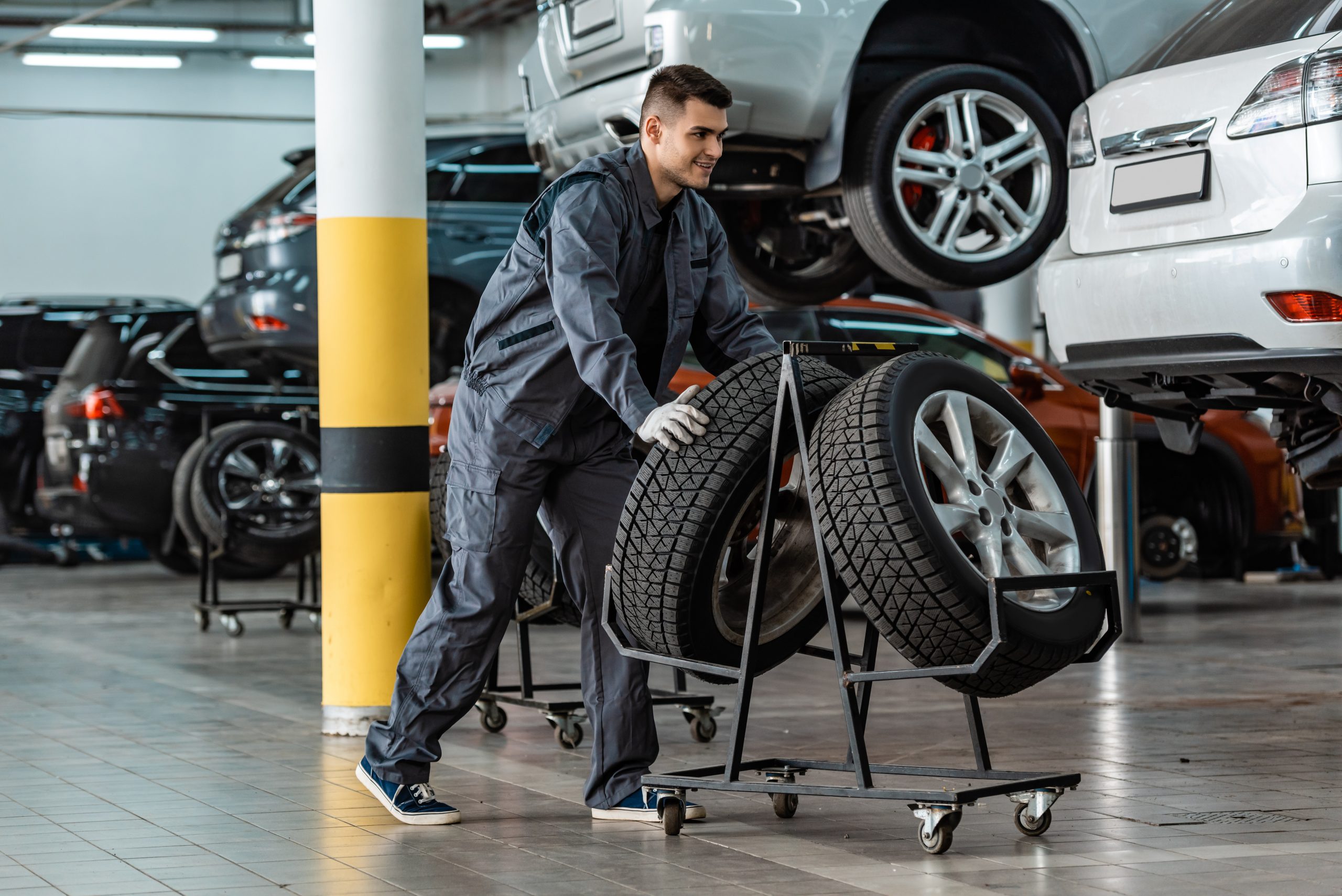The Environmental Benefits of Correct Tire Upkeep
Preserving correct tire care is often overlooked, yet its influence on the setting is profound. From decreasing gas usage to lowering exhausts output, the benefits are far-reaching. Proper tire maintenance not only expands the lifespan of tires but additionally lowers land fill waste and adds to improved air quality. The interconnectedness of these advantages highlights the essential role that basic upkeep techniques can play in promoting ecological sustainability.
Reduced Fuel Consumption
Improving tire upkeep practices can lead to a significant reduction in gas intake for automobiles. According to the U.S. Department of Energy, underinflated tires can lower gas mileage by 0.2% for every 1 psi drop in stress in all four tires.
In addition to tire pressure, regular tire turnings and positionings additionally play an essential duty in gas effectiveness. Erratically used tires can boost fuel consumption as the engine works harder to preserve rate and grip. By keeping correct placement and rotating tires at suggested intervals, chauffeurs can make sure even use and extend the life of their tires, inevitably saving fuel and reducing their carbon impact.
Extended Tire Life-span
Extending the lifespan of tires is a key aspect of reliable automobile maintenance methods that can generate price financial savings and environmental advantages in the future. By effectively preserving tires, drivers can significantly prolong their functionality, reducing the regularity at which brand-new tires need to be manufactured and old ones taken care of. This not just preserves valuable resources yet additionally decreases the power and exhausts connected with tire production and disposal processes.
Frequently examining tire pressure, rotating tires, and making certain appropriate placement are vital action in expanding tire lifespan. Adequate step depth is crucial for ideal traction and safety and security, however it additionally plays a function in the length of time tires can be utilized prior to needing replacement. Additionally, staying clear of aggressive driving habits that increase tire wear, such as severe braking and doglegs, can further improve tire longevity.
Inevitably, raising the longevity of tires with aggressive maintenance not just profits the environment by decreasing waste and preserving sources but likewise brings about cost financial savings for vehicle owners by postponing the demand for new tire purchases.
Reduced Discharges Result
Effective tire maintenance methods contribute to a reduction in emissions output, aligning with ecological sustainability objectives in the news vehicle market. By preserving ideal tire pressure levels, vehicle drivers can assist alleviate these unfavorable environmental impacts.
Additionally, well-maintained tires additionally enhance traction and reduce rolling resistance, additionally boosting fuel efficiency. This, subsequently, minimizes the quantity of exhaust gases released right into the environment. Additionally, making certain tires are effectively pumped up and aligned can expand the lifespan of the tires, minimizing the frequency of tire substitutes and the connected ecological prices of tire manufacturing and disposal.

Lowered Landfill Waste
Offered the favorable influence of proper tire upkeep on reducing emissions result, an additional significant ecological advantage is the possibility for lowered landfill waste. By guaranteeing that tires are appropriately pumped up, lined up, balanced, and turned on a regular basis, their life-span can be substantially prolonged.

Improved Air Top Quality
Enhancing air top quality through appropriate tire maintenance methods is a vital element of lasting environmental stewardship. When tires are underinflated, they produce extra moving resistance, leading to enhanced fuel usage and see this here higher exhausts of hazardous toxins such as carbon monoxide and nitrogen oxides. Appropriately inflated tires not just improve gas performance but likewise decrease the quantity of toxins released into the air.
Moreover, well-maintained tires with correct tread depth you can find out more and positioning add to safer driving conditions, lowering the likelihood of mishaps that can cause the release of additional contaminants into the atmosphere. By prolonging the life-span of tires via normal maintenance and rotation, fewer tires are thrown out prematurely, reducing the ecological impact of tire disposal and production procedures.
Verdict
To conclude, appropriate tire upkeep offers various environmental benefits. By decreasing gas intake, extending tire lifespan, decreasing exhausts output, reducing garbage dump waste, and enhancing air high quality, individuals can contribute to a healthier planet. These efforts not just profit the setting yet also help to preserve sources and reduce total environmental influence. It is important for people to focus on tire maintenance as a basic yet effective way to shield the setting for future generations.
Correct tire upkeep not only prolongs the lifespan of tires however also decreases garbage dump waste and adds to improved air top quality - morris tire service. By preserving correct positioning and revolving tires at suggested intervals, vehicle drivers can make sure even prolong the life and wear of their tires, eventually saving fuel and reducing their carbon impact
By effectively maintaining tires, motorists can considerably extend their usability, decreasing the regularity at which brand-new tires require to be produced and old ones disposed of.Frequently inspecting tire stress, rotating tires, and making sure proper alignment are crucial steps in prolonging tire life-span. Additionally, making certain tires are appropriately blown up and aligned can prolong the life-span of the tires, decreasing the frequency of tire replacements and the connected ecological costs of tire production and disposal.